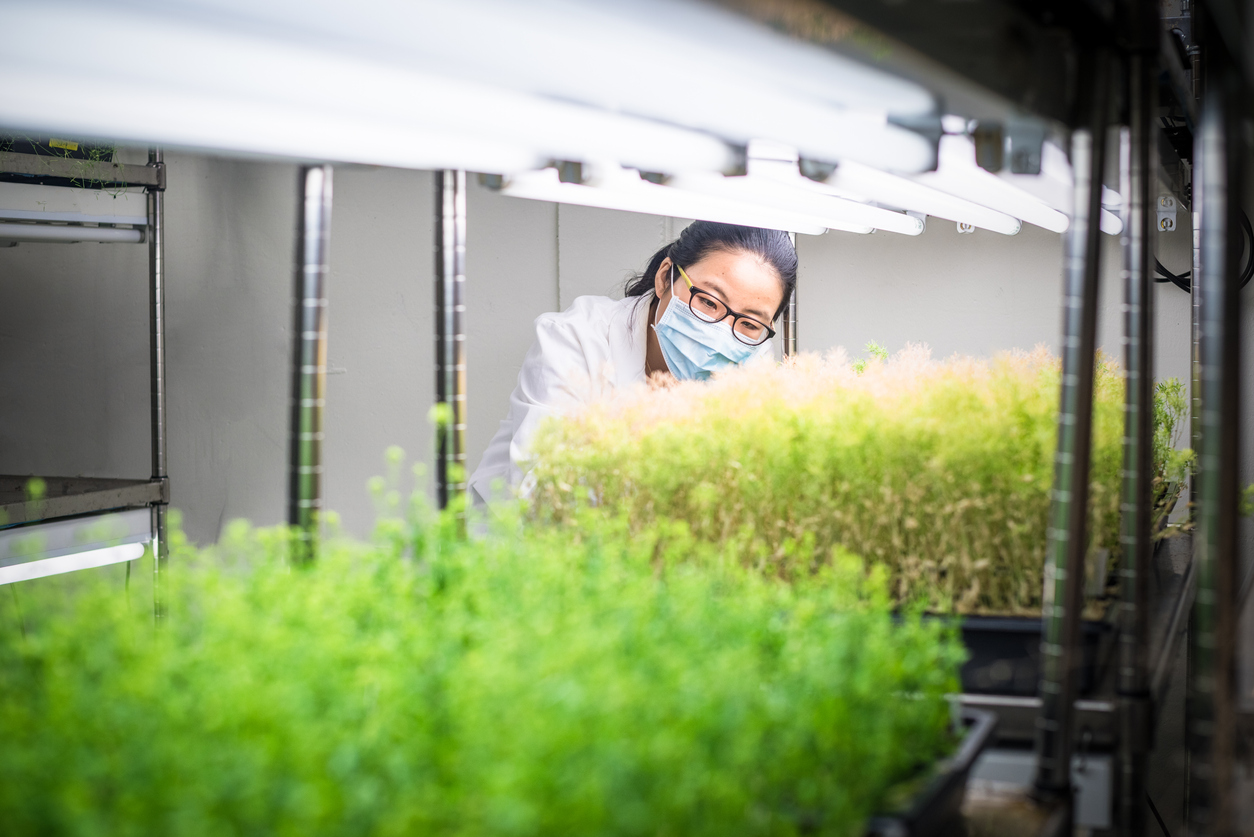
Customizable Molecular Scissors for Tailoring Plant Genomes
July 1, 2021| |
The development of TALENs (transcription activator-like effector nucleases) and applications in plant genome engineering are featured in one of the chapters of the book titled Genome Editing in Plants: Principles and Applications published by Taylor and Francis Group.
Engineered nucleases have been widely used in various research since their discovery. They have revolutionized gene functional studies and led to new strategies to develop more targeted variations in the genome in a shorter span of time and cheaper cost. The authors describe TALENs as customizable genome editing tools made up of two functional domains. The first is referred to as the DNA binding domain, which is derived from special effector molecules, transcription activator-like effectors (TALEs) belonging to plant pathogenic bacteria Xanthomonas. The second part is the cleavage domain from FokI endonuclease. The genesis and development of TALENs, as well as their mechanism of action and applications in plants and the limitations and techniques to overcome them, are detailed in the book.
Read the book chapter in Genome Editing in Plants.| |
You might also like:
- Pocket K No. 59: Plant Breeding Innovation: TALENs
- What You Need to Know About TALENs
- What are TALENs? (Infographic)
Biotech Updates is a weekly newsletter of ISAAA, a not-for-profit organization. It is distributed for free to over 22,000 subscribers worldwide to inform them about the key developments in biosciences, especially in biotechnology. Your support will help us in our mission to feed the world with knowledge. You can help by donating as little as $10.
-
See more articles:
-
News from Around the World
- Experts Explain How Gene Drives Control Invasive Species
- Philippine Media Use Less Fear Appeal as More Farmers Adopt Biotech Maize
- Can Gene Drive Eliminate Vector-borne Diseases?
- PennState Scientists Identify Sorghum Genes for Resistance to Anthracnose Leaf Blight
- EU Report Confirms Glyphosate Doesn't Cause Cancer
- Rutgers Study Sheds Light on Evolution of Photosynthesis
- Study Finds Barley Protein Could Help Boost Its Yield in High Temperatures
-
Plant
- UK's First CRISPR Field Trials Show Potential of Gene Editing
- Customizable Molecular Scissors for Tailoring Plant Genomes
- UC San Diego Scientists Develop First CRISPR-Cas9-based Gene Drive in Plants
- APEC Members Discuss Genome Editing Technology and Policy Strategies
- Simultaneous Editing of Susceptibility Genes in Rice Leads to Disease Resistance
-
Read the latest: - Biotech Updates (December 10, 2025)
- Gene Editing Supplement (November 26, 2025)
- Gene Drive Supplement (February 22, 2023)
-
Subscribe to BU: - Share
- Tweet

